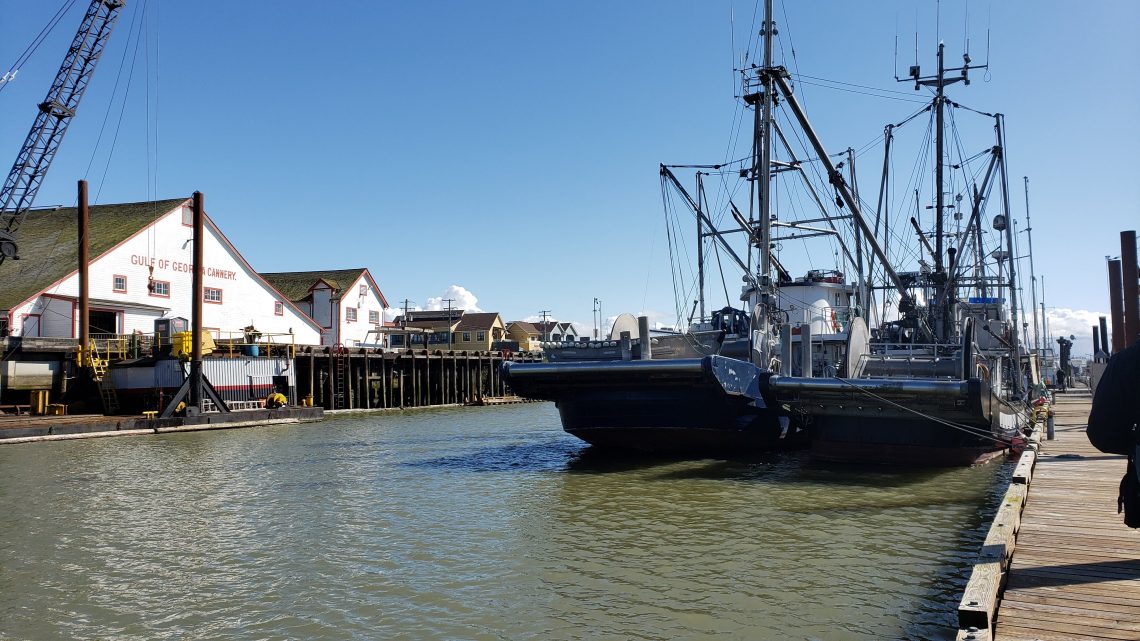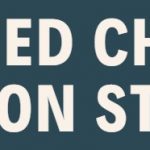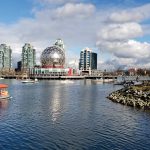I grew up in Richmond, but attending this field trip allowed me to see Steveston and its history in a different light. Even though I have been to the Gulf of Georgia Cannery and Britannia Shipyards before, I used to think of them as only historical artifacts. After hearing from Eric, David, and Mike and seeing the boats with different gears (trawl, herring vacuum, etc.), I realized that fishing happens right in the city that I live in. Andrea even mentioned that she and her family would see fishers get ready in the water when the catch season began. Before going on this field trip, I was often disconnected to fisheries. I bought my fish and seafood from supermarkets, but I have never fished before. As a result, I had a distant relationship with fisheries. The field trip was a great way to end this term because aside from learning about different fishery topics in class, I had an opportunity to learn from fishers and see large fishing boats instead of the typical recreational and small-scale boats that I commonly see.
I never realized that the Fraser River, especially near Steveston, used to be filled with salmon that people used to say they could cross over the river. I remember having to drive to places far away to see salmon spawn as a child, so I always thought that in order to see salmon, I would have to go far to North Vancouver or Surrey, but salmon used to be so common in Richmond that it could sustain 15 canneries in Steveston. It made me realize how much damage we have done to salmon and their ecosystems to not have the Fraser River teeming with fish anymore. Moreover, the fishers shared about the dwindling status of herring catch. DFO estimated a total herring stock of 70,000 tonnes, but fishers were only able to catch 4,000 tonnes when they were given a total quota of 7,000 tonne of herring. This is worrying because it shows that herring stocks are overfished and I am concerned for next year’s herring stocks. Serial depletion was brought up during this conversation and I plan to learn more about it. Serial depletion reminds me of the concept of fishing down the web, which is a critical concept of what is happening to our oceans.
Learning about the history of the cannery workers and boat builders in Steveston was really sad because many of them left their families, hoping to find gold and wealth for their family, but ended up suffering from discrimination, poor working conditions, and were not able to see their families again. The Chinese men lived in cramped living quarters with three beds stacked together, instead of the two bed bunk beds that we see now. It was hard to imagine myself fitting in the bed since it was quite small and narrow, so I cannot imagine how uncomfortable the living situation was like with over 100 men living in the bunkhouse. It is sad to see how the Chinese, Japanese, Indigenous communities, and women played a large part in BC’s fisheries, but we do not often hear about this and the discrimination they faced. It shocked me to learn that at one point, the cans had “only White labour” written on the cans during World War 2 to show that no Japanese labour was used. Learning about the Murakami family and how they left sake hidden inside of their house to enjoy after the internment camps, but were not able to come back, made me appreciate how times are different, but there are still many improvements to be made now. The story of the Chinese and Japanese workers made me reflect on my parents’ immigration story. Aside from adapting to a place with a different culture and language, they also faced racism and discrimination. The Chinese and Japanese had to do more laborious work, but they were not paid the same amount or treated in the same way as those who were White.
Learning from Eric about the different fishing licenses and their cost was very eye-opening. It shocked me to hear how expensive licenses can be, such as how the geoduck license is around $10 million. Eric mentioned that the leasing model on the West Coast of Canada results in power for those who are wealthy because they own the fishing quotas. After hearing about the costs of licenses, I finally understand why there are few people who own licenses. It also reminded me of Fraser Macdonald’s struggle with his fishing lease. I hope to learn more about the differences between owner-operated fishing on the East Coast of Canada and its differences with the leasing model on the West Coast. I am curious to see why the government chose to continue with this leasing model where there are pronounced consequences for fishers.
In the past, there was mainly racial discrimination among the fishing industry as seen with the Japanese and Chinese ship and cannery workers. Currently, there is an increasing amount of socioeconomic discrimination among fishing leases. As fish stocks decrease, there will be even more discrimination as fish becomes more expensive to catch and license price increases, displacing small-scale fishers. I hope that DFO will begin changing this license model, so fishers who rely on fishing and care about the sustainability of fish stocks will be able to fish, instead of having wealthy license holders who hoard and profit off of the licenses and fishery industry.


